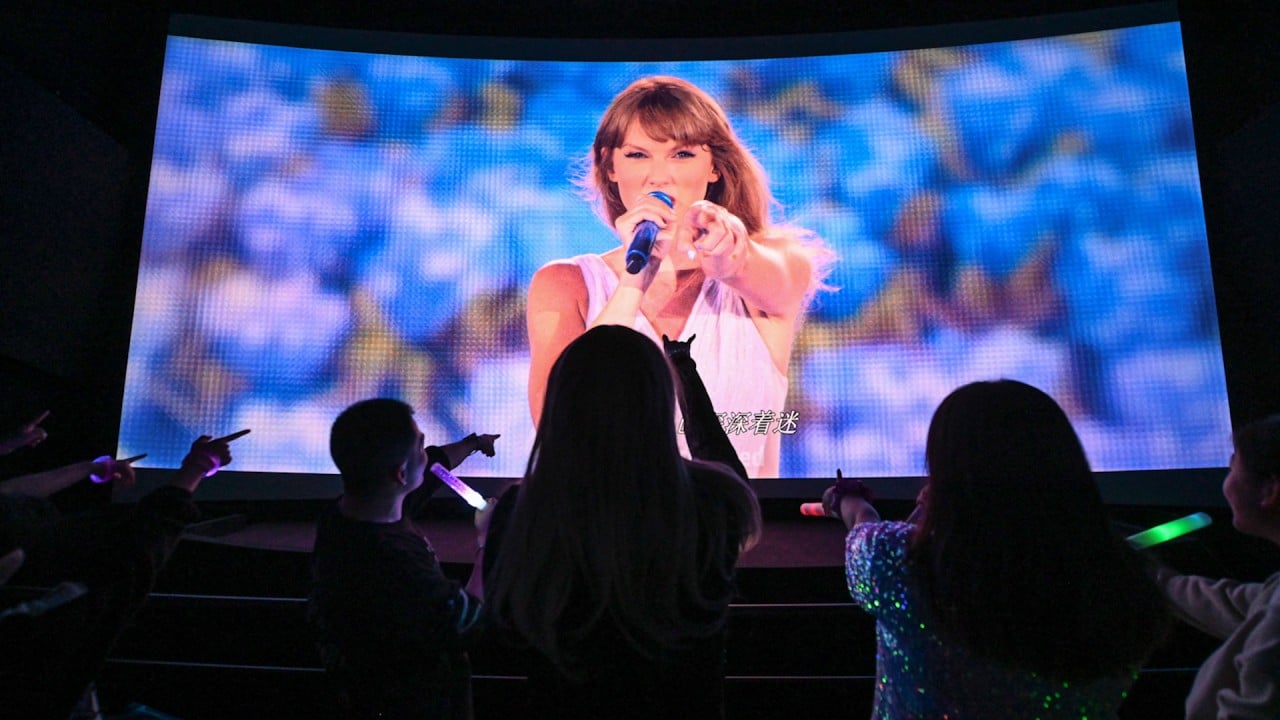Or Sora could take us into the future, offering glimpses of what the world might look like in, say, 2050. We could explore futuristic cities, interact with AI-powered characters and envision possibilities once confined to the realms of science fiction.
Such immersive literary experience could reignite interest in literature, foster a deeper understanding of characters and plot lines, and engage readers in new and captivating ways.
Finally, one of the most intriguing possibilities Sora offers is the ability to “transform” ourselves into our ideal figures. Through AI-generated videos and virtual reality, we could potentially step into the shoes of anyone from Elon Musk and Bruce Lee to Taylor Swift.
It could provide glimpses into the lives of personalities and empower us to embrace different perspectives and explore our potential. It opens up opportunities for personal growth, self-discovery and the development of new skills and attributes.
But alongside Sora’s immense potential are also profound concerns and risks. Widespread use of text-to-video generation may contribute to the erosion of truth and authenticity in the media if manipulated videos can be easily created and disseminated.
Potential risk posed by AI far from fiction
Potential risk posed by AI far from fiction
Striking the right balance between the potential benefits and risks of text-to-video generators like Sora will be crucial in ensuring society can harness the advantages while being safeguarded. Transparency, accountability and strong ethical frameworks should guide the deployment and development of such technologies to uphold privacy, prevent misinformation and maintain trust.
Sora is groundbreaking and text-to-video generators could reshape our future. From customised virtual travel and literary immersion to self-discovery, Sora could unlock innovative possibilities to enhance education, entertainment and human connection.
But the technology must be approached with caution. By responsibly harnessing the benefits and implementing safeguards, we can use this transformative technology to build a future that seamlessly integrates virtual and real-life experiences.
Dr Yuehai Xiao is professor of English and doctoral supervisor at Hunan Normal University
Jingyi He is a second-year student in the English department at Hunan Normal University
Yang Gao works at Beihai Museum in Guangxi province


